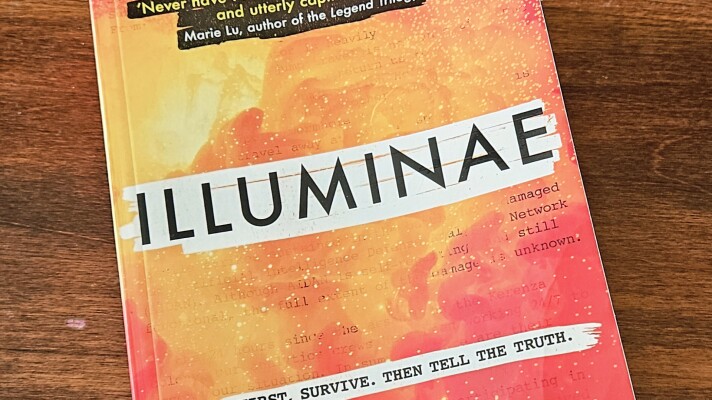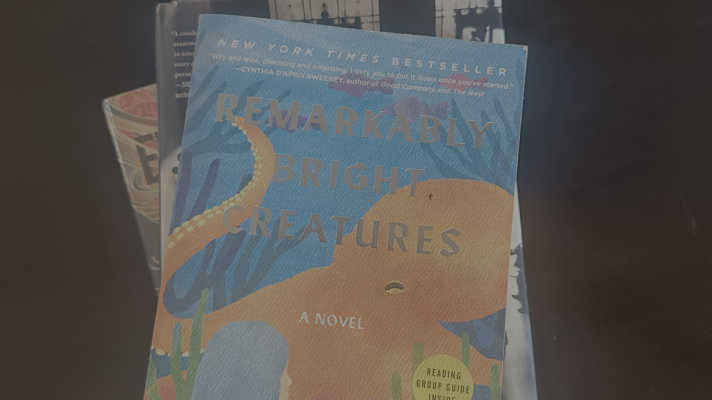When thirty seven year old, Toru Watanabe hears an orchestral version of the Beatles song from which the book takes it’s title, he is flooded with memories of a previous life. The musical cue takes him back to student life in Japan during the late nineteen sixties. A time of significant change on numerous levels. A time which see’s Toru navigate new surroundings whilst grappling with a complicated, relationship forged by his past, a messy connection that is anchored in trauma.
Both Murakami’s world building and his ability to cultivate mood is something that ticks a box for me.
From student protests to pop records and café culture to vivid descriptions of night life, the book places you square in the time period and at times individual scenes almost become individual characters of their own. On the topic of characters, the more time I spent with Toru as he combed through his memories, the more I began to question some of his recollections, prompting me to ask…just how reliable is this narrator? Which, is another box ticked as far as I’m concerned.
Although there is reasonable doubt to be found in certain events that occur, the feelings that emanate from the world depicted and the events Toru describes are very real. By diving deep into issues of bereavement, lost love, and detachment, all from Toru’s perspective, Norwegian Wood is a story set in the past that genuinely questions the validity of the future. Because of this, Norwegian Wood is unapologetically wistful and at times, sopping wet with melancholy.
But it’s not all doom and gloom and teenage moping. Beneath the dark layers and ideas of fatalist cycles, there are embers of hope and joy which over time kindle a more dimensional perspective of life. This is formed through the very few, but meaningful relationships that Toru invests in, typically with women.
However…although the female characters tethered to Toru are indeed a catalyst for his development, they are in a word, problematic. They serve primarily to heal or be healed by Toru and they are more often than not portrayed as more of an idyllic concept than a concrete being.
This and other issues, leave me in a place where I can’t truly say that I would recommend Norwegian Wood. I’m not entirely sure if I would say that I enjoyed it either, not in it’s entirety at least, but since turning the final page I do find myself thinking about it quite often, so that’s got to count for some thing right?













